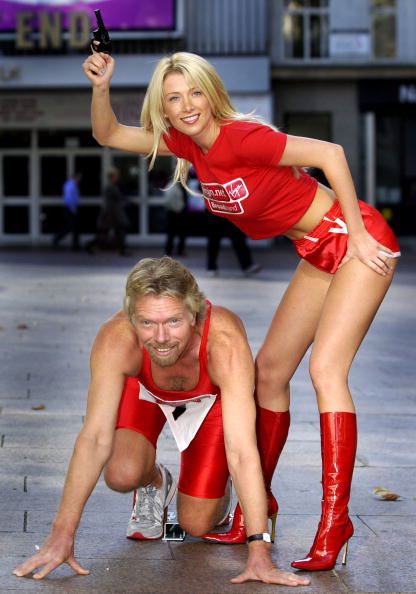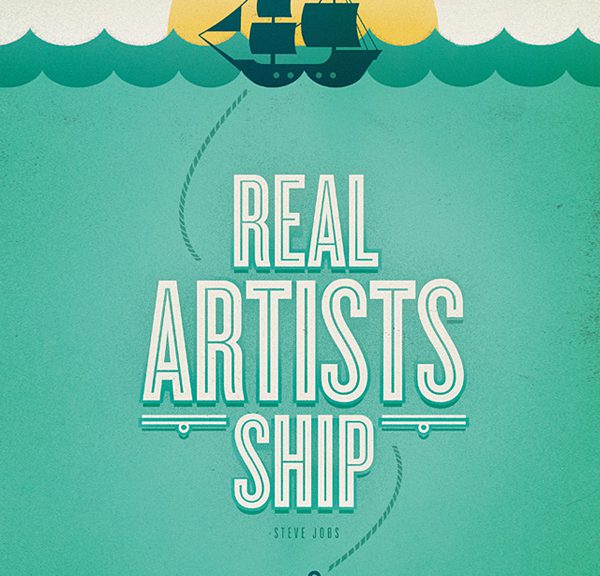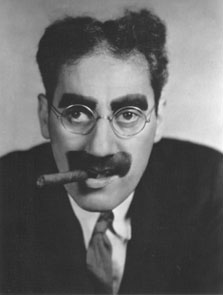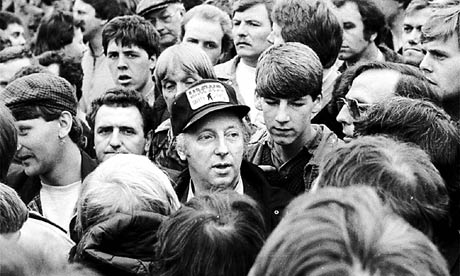 (V) The Linchpin Is More Emotional, Gift-Giving, Visionary, and Mature.
(V) The Linchpin Is More Emotional, Gift-Giving, Visionary, and Mature.
Artists Ship!
You should click send on your blog, you should ship your creativity, do not delay because the lizard brain will stop you. You should resist the thought that you should not create art. What slows us down is the thrashing, and the coordination. Thrashing is adjusting of ideas as they are being developed, and coordination is the getting everyone to agree to an objective. The reason that a startup has an easier time getting a product to market than a corporation is that it has few people to coordinate. TO overcome the coordination problem you need to be exceptionally secretive which calls for the exclusion of certain people, then you need to appoint one person to run it. Write your ideas down, action them, then ship them. DO not be selfish. Linchpins must be generous…
The Linchpin is An Entrepreneur:
How to become a linchpin:
1) Hire plenty of factory workers. Scale like crazy. Take advantage of the fact that most people want a map, most peoapl are willing to work cheaply, most people want to be the factory.
2) Find a boss who can’t live without a linchpin. Do the work. Make a difference.
3) Start your own gig. Understand that an organization filled with linchpins is itself indispensable.
 Richard Branson was in Puerto Rico when his flight to the Virgin Islands was cancelled, so he decided to charter a private flight, and the got a blackboard and wrote “Seat to Virgin Islands, $39.00”. He sold enough seats to make it to the Virgin Islands on time.
Richard Branson was in Puerto Rico when his flight to the Virgin Islands was cancelled, so he decided to charter a private flight, and the got a blackboard and wrote “Seat to Virgin Islands, $39.00”. He sold enough seats to make it to the Virgin Islands on time.
Linchpins do two things for the organization. They create emotional labour, and they map out what do next. Being indispensable means:
- Providing a unique interface between members of the organiszation;
- Delivering unique creativity;
- Managing a situation or organization of great complexity;
- Leading customers;
- Inspiring staff;
- Providing deep domain knowledge;
- Possessing a unique talent.






